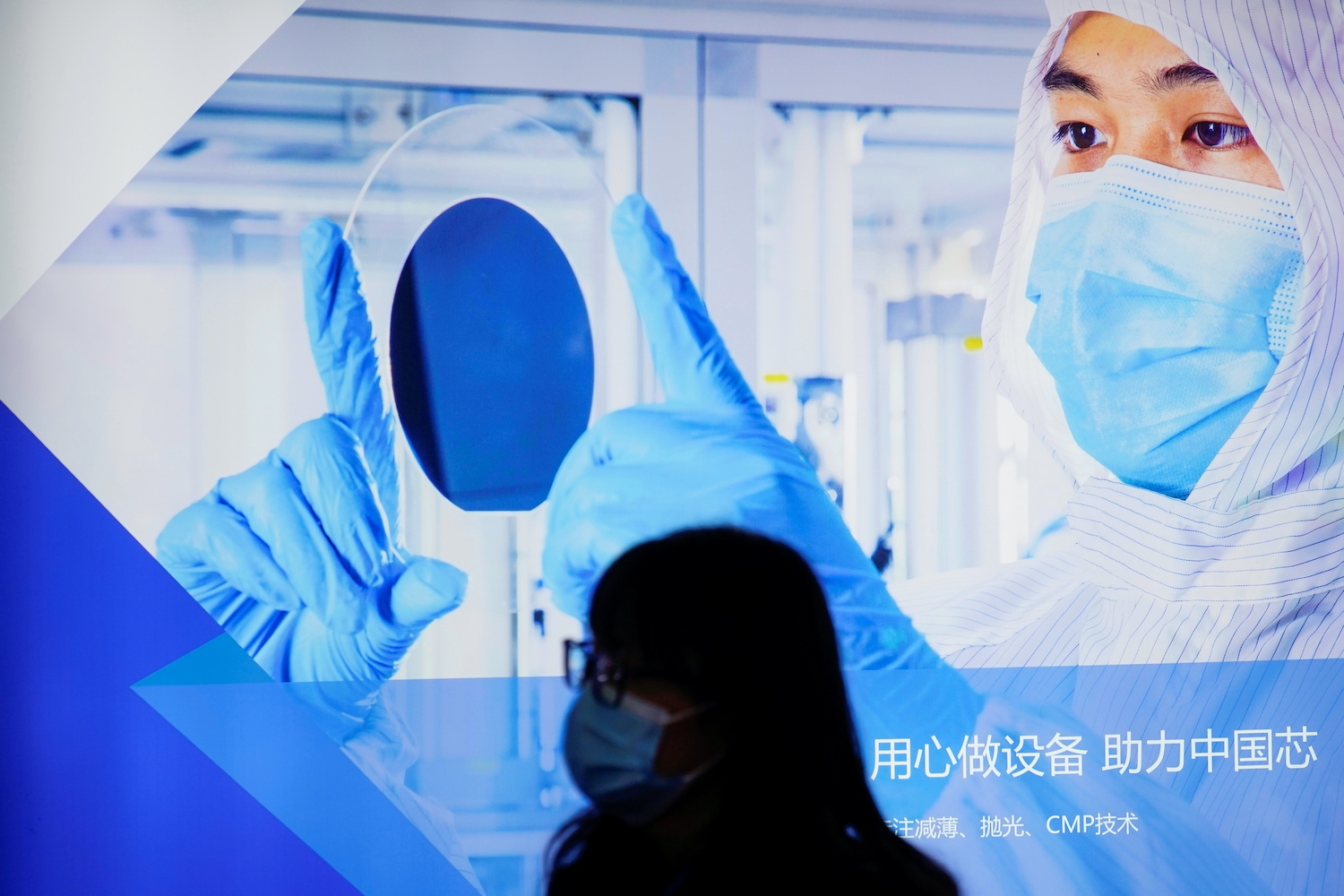(ATF) SMIC, China’s largest contract chipmaker, has recorded its first profit since listing on China’s Nasdaq-style STAR Market despite pressure from US sanctions. And local media say the firm has told customers they will face a 15-30% price rise amid the global chip shortage.
The company recorded revenues of 27.5 billion yuan ($4.2 billion) in 2020, up 24.8% year-on-year, according to its annual report published on Thursday. Net profit deducting non-recurring items was 1.7 billion yuan, compared with a net loss deducting non-recurring items of 522 million yuan in 2019.
Recording a profit will help the group get rid of the “U” symbol on its stock ticker on the Shanghai STAR Market. SMIC had its secondary listing in Shanghai last July, although it has been listed in Hong Kong since 2004.
Benefiting from a “stay-at-home economy” amid the pandemic, when there has been a rise in consumer demand for laptop computers and entertainment devices, SMIC’s plant capacities have been fully loaded.
“There were strong demands in mature application platforms, resulting in significant growth in revenues from the power management, radio frequency signal processing, fingerprint recognition, and image signal processing segments,” SMIC said in a statement.
“In terms of advanced technologies, the company diversified our product offerings in areas such as telecommunications, consumer goods and Internet-connected devices, and expanded our customers,” it said.
US sanctions
But 2020 was a difficult year for SMIC. It lost one of its biggest customers – Huawei – after former US president Trump enforced a ban that prevented chipmakers using American technology, including SMIC, from supplying the Shenzhen tech giant.
And in December, Washington added SMIC to a blacklist of Chinese companies with “military ties”, blocking the company from receiving investment from US citizens.
In the same month, US Department of Commerce added SMIC to a so-called Entity List, which restricted its access to chipmaking equipment from American suppliers. A “presumption of denial” of approval policy was applied to advanced technologies used at 10nm and below, including extreme ultraviolet lithography.
The Chinese company subsequently switched its focus to mature technologies, which are more profitable because of lower R&D and capital expenditure costs.
Pressure from US sanctions has slowed SMIC’s growth in the North America markets as well as reduced the region’s proportion in its total revenues.
North America contributed to 23% of SMIC’s total revenues in 2020, down 3.2 percentage points from the previous year. It recorded the slowest growth among all regions.
Mainland China and Hong Kong accounted for 63.5% of SMIC’s total revenues, compared with 59.4% a year earlier. The region also recorded the fastest growth, which was 34%.
While the pandemic added to shipping costs of chipmaking equipment materials and made created challenges for engineers from SMIC’s suppliers to provide support services, SMIC said it has had limited impact on the company’s production operations.
Price increase
Meanwhile, SMIC informed its customers via email of a price increase across the board starting April 1, Chinese semiconductor news portal Laoyaoba.com said on Thursday, citing an unnamed industry source.
Overall, this round of price increases was in the range of 15% to 30%, the report said.
Orders that are already in production will remain at the same price, while orders that have been placed but are not yet in production will be subject to the new price, regardless of the timing of the order and the percentage of the payment, the report said.
The report quoted another industry source as saying that the price hike began as early as March, with the price increase range varying from customer to customer and different rates of increase for 8-inch and 12-inch orders.
The global semiconductor shortage has disrupted the production of everything from PC hardware, smartphones to electric vehicles. Electronics maker are racing to grab chips before supplies last, and the semiconductors have become a seller’s market.
Meanwhile, Taiwan’s contract chipmakers UMC, Vanguard International Semiconductor Corporation, and PSMC have one after another raised their chip prices, and TSMC is expected to increase its price for driver ICs starting April, Taiwan’s Economic Daily News said.
























